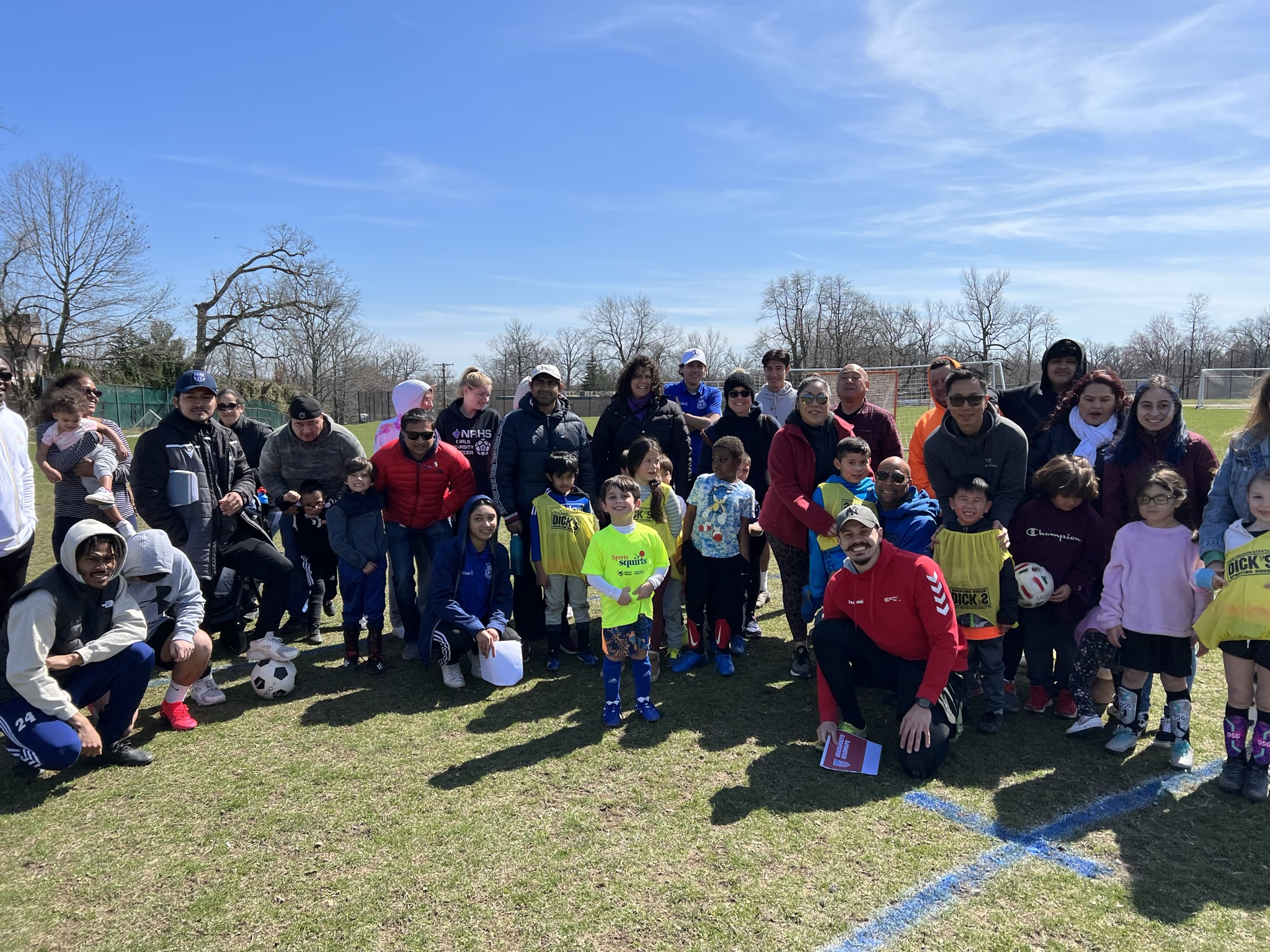
This blog is part 2 of coaches’ challenges in how to manage their parents.
Complaining About Child’s Playing Time
Your parents want to watch their child play – start the game, end the game, and play during the game. For some parents playing time is not just being on the field, it’s being involved in the action – taking free kicks, throw-ins, penalty kicks, etc. These are fair questions …who can really get better sitting on the bench?
Are you making all your players get fair opportunities to enjoy playing? What’s your rotation of players that ensures every player starts games, and more importantly ends games? Ending a game often determines the final result, it’s a time of great anxiety. Do you have a 50% game-played rule? Is this 50% for the season, or 50% for each game played?
You need to have a system of recording playing time and keeping track of your starting lineups, and substitutions pattern. This will help your conversations with your parents. An ideal book that I have used is https://www.duktigbrand.com/.
Parents Are Over-Involved
With the tryout season approaching parents are often lobbying to position their child where they think is the best fit. I have experienced a parent claiming he can’t explain to his daughter that she has to play U10 again. The father believes his child should always be playing ‘up’ and has gone to great lengths to lobby board members and he threatens to leave the club.
A mother after registering her daughter for the appropriate age wanted to move her child as she stated she wants to maintain her progression.
You need boundaries to make clear your expectations. Sideline coaching at the practices and games – yelling, screaming, commanding their child’s every decision. I am involved in a club where a volunteer coach insists his daughter, not should but MUST play ‘up’.
You need clear rules that should be communicated clearly, early, and often. If not, you will get dragged into putting out ‘fires’ that is a never-ending task.
Managing Parents’ Expectations
Parents want the best for their children in school or extra-curricular activities. Oftentimes, what the parent thinks is best, is not what the child wants.
Case in point, I coached varsity soccer, and a father, wanted his daughter to play central midfield. She normally played defense. I obliged his request and gave her an opportunity in games and at practice. She was clearly not happy, the physical load and 360 decision-making demands were not her interest.
You need to help parents understand the journey of their child in soccer. It is important to explain your philosophy, principles, and values that align with a child’s development in youth soccer. Specifically explaining the stage
Communication w/ parents
Avoid trying to be first, it’s best to get the correct information out even if it’s later. Being a little later is better than being incorrect all the time. The correct information saves time and prevents dreaded confusion. Some parents will deliberately ask the questions with the answers steering at them from the website. You can easily direct parents to a link.
I have been involved in board meetings and recreation programs where we communicated the incorrect schedule.
Parents want to be informed in a timely manner, and it’s best to use a main communication platform. Email remains one of the best tools to share notices and updates. Creating a template gets parents accustomed to the format and messages.
You can learn more about how to involve, inspire and inform your parents by scheduling a call with me – Click Here
Leave A Comment